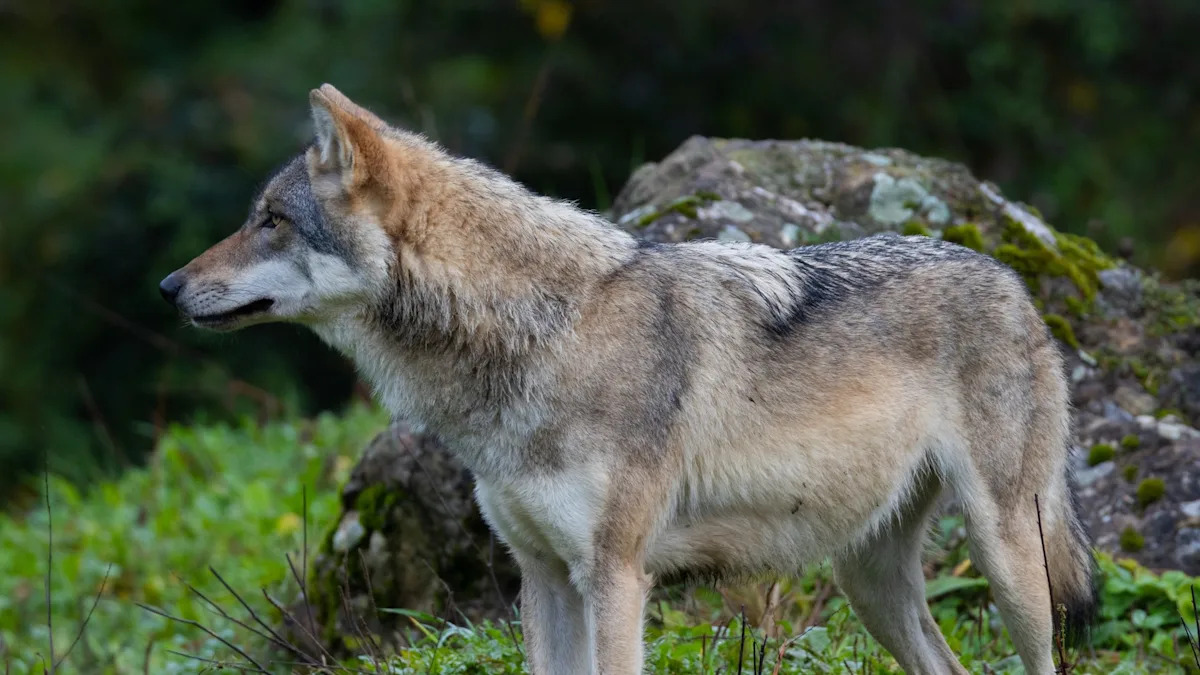A wolf at Michigan’s Isle Royale National Park was killed by the National Park Service after officials said it had developed dangerous habits. The decision, a first for the park, highlights the risks of human-wildlife interactions gone wrong.
What happened?
Throughout June and July 2025, at least two wolves were repeatedly spotted raiding campsites on Isle Royale, dragging away food bags and even backpacks, according to the Detroit Free Press. Park staff tried to curb the behavior by tightening waste management and food storage practices, but the wolves “continued to display escalating boldness around visitors, campsites, and staff housing areas,” NPS said in a statement.
After consulting with federal, state, and tribal partners, officials decided to kill one of the wolves to protect the public. “While lethal removal is deeply unfortunate, it became necessary due to a growing public safety risk,” Isle Royale Superintendent Denice Swanke said.
Why is this wolf behavior concerning?
The incident shows how quickly human carelessness, like leaving food out where predators can find it, can harm the ecosystem. Once wild animals start associating humans with easy meals, the behavior is hard to reverse, often leading to dangerous human-wildlife encounters and, ultimately, more animal deaths.
Also, rising temperatures have led to fewer freeze-overs of Lake Superior, which is an important bridge for the wolves to travel between the mainland and the island. Wolves arrived on Isle Royale naturally decades ago, and after a population crash in the 2010s, NPS brought in wolves from other regions to restore balance. By January 2024, researchers reported the island’s wolf population had stabilized at around 30 animals.
Losing even a single wolf matters in such a fragile ecosystem. Without predators, hungry moose populations surged, which in turn had a negative effect on the area’s vegetation.
What’s being done about it?
Park officials say they will continue monitoring wolf-human interactions and will only remove additional wolves if absolutely necessary. The NPS is also doubling down on visitor education, urging campers to follow food storage rules strictly.
As Swanke noted, “All who appreciate and enjoy Isle Royale National Park need to understand the importance of adherence and vigilance … and our collective role in minimizing negative human-wildlife interactions.”
Keeping food secured and minimizing contact with wildlife is essential for keeping ecosystems balanced and ensuring that wolves, moose, and other animals can remain wild for generations to come.
Join our free newsletter for good news and useful tips, and don’t miss this cool list of easy ways to help yourself while helping the planet.

